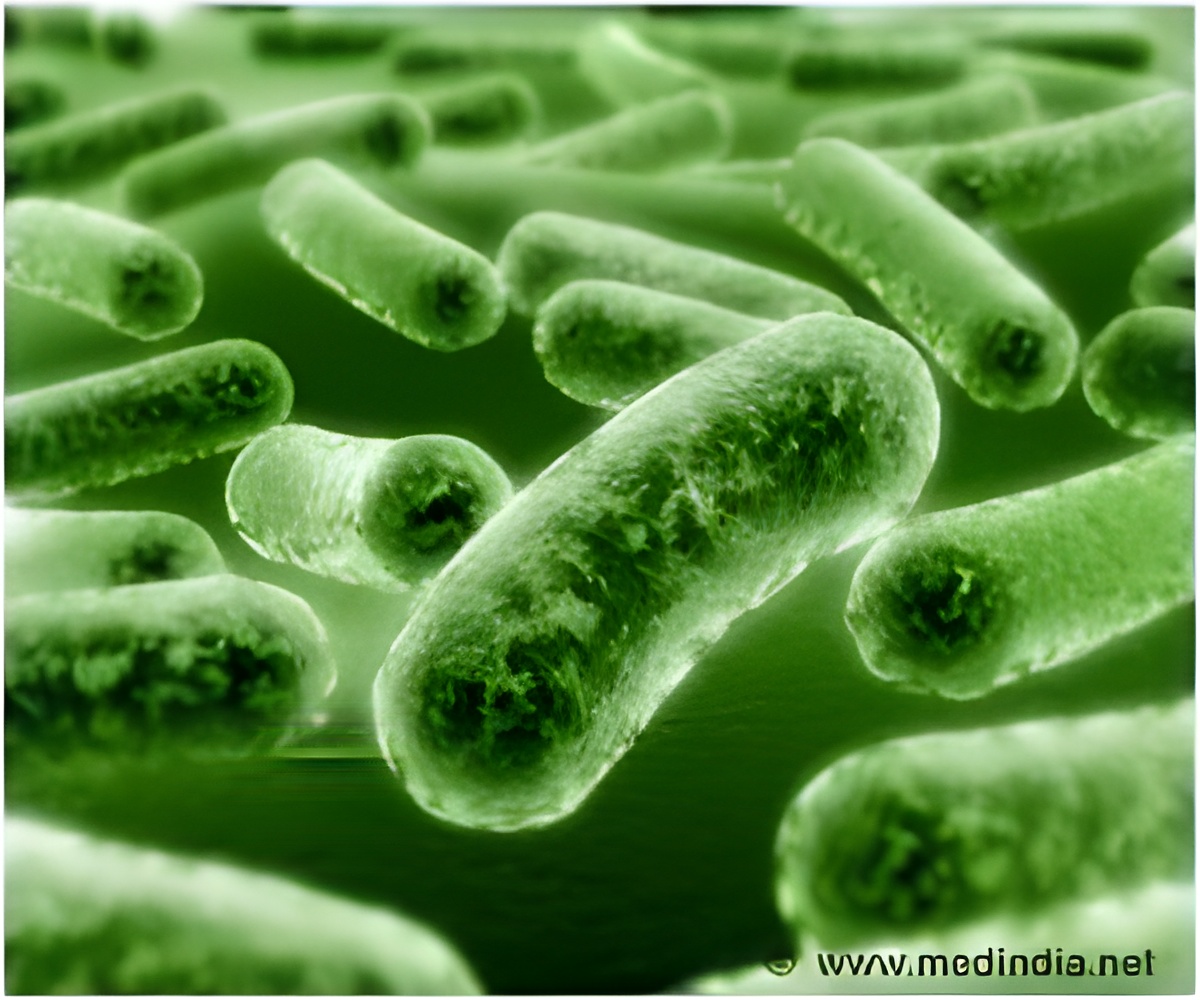Phage therapy was found to show promise in treating alcoholic liver disease, said researchers. Phages are viruses that specifically destroy bacteria.

‘Patients with severe alcoholic hepatitis had high numbers of a destructive gut bacterium and that they were able to use a precise cocktail of phages to target and kill the bacteria, eradicating the disease.’





Using samples collected from patients, the researchers found that nearly 90 percent of cytolysin-positive patients with alcoholic hepatitis died within 180 days of hospital admission, compared to approximately 4 percent of cytolysin-negative patients. To investigate the potential for phage therapy, the researchers isolated four different phages that specifically target cytolysin-producing E. faecalis. When they treated the mice with these, the bacteria were eradicated, and alcohol-induced liver disease was abolished. Control phages that target other bacteria or non-cytolytic E. faecalis had no effect.
Professor Debbie Shawcross, Professor of Hepatology and Chronic Liver Failure at King's College London said: "Chronic liver disease is responsible for 1.2 million deaths worldwide. It is the third biggest cause of premature mortality and lost working life behind heart disease and self-harm. In the UK, most people die from alcohol-related liver disease at a young age, with 90% under 70 years old and more than 1 in 10 in their 40s.
"This ground-breaking study has evaluated the potential role of bacteriophages - viruses that specifically kill populations of bacteria in the gut - to beneficially change the gut microbiome in alcohol-related disease. The study team has shown that bacteriophages can specifically target cytolytic E. faecalis, providing a method to precisely edit the gut microbiome and offering new treatment for patients with severe alcoholic hepatitis. This novel approach now needs to be expanded to be tested in human clinical trials."
Currently, severe alcoholic hepatitis is most commonly treated with corticosteroids, but they don't tend to be effective. Early liver transplantation is the only cure, but it is only offered at selected medical centres to a limited number of patients.
Advertisement
"This novel avenue of research now needs to be expanded to test the safety and effectiveness of phage therapy in human clinical trials in patients with alcohol-related disease. It is also likely that other forms of chronic liver disease associated with changes in the gut microbiome will also benefit from this novel approach, such as fatty liver disease." Professor Shawcross said.
Advertisement















